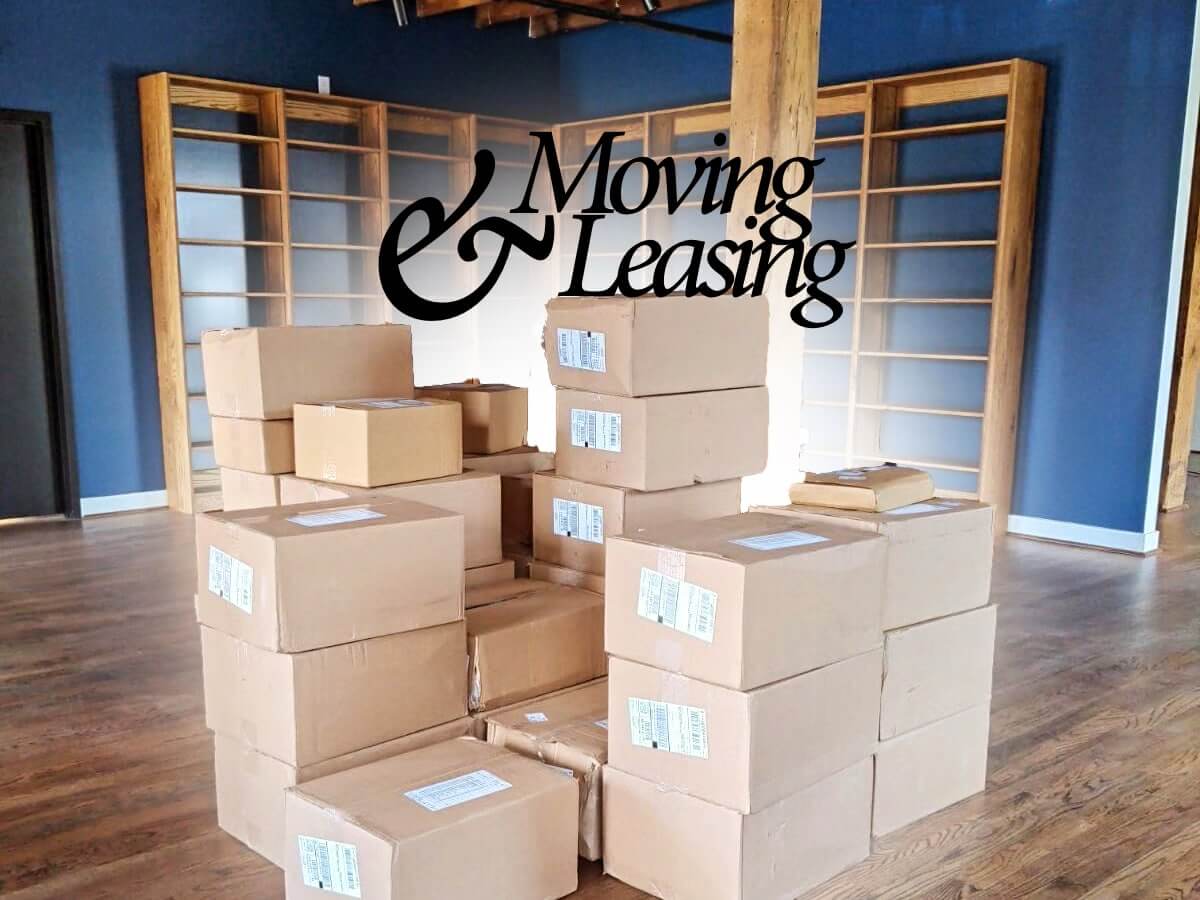How to Lower the Interest Rate on Your Mortgage Loan

Did you know that 96% of individual buyers in South Florida’s active real estate market in 2025 purchased their properties using a mortgage loan from a banking institution?
Also, did you know that out of that 96%, at least 35% felt their mortgage broker didn’t go the extra mile to ensure they received the best possible terms regarding mortgage payments and rates, nor did they fully explain all the details or educate buyers on different ways to lower their monthly payments?
A real estate mortgage is a significant commitment homeowners typically carry for 5, 10, 15, or most commonly, 30 years.
Therefore, when buying real estate, ensure your mortgage broker is transparent and thoroughly explains every available option when securing your mortgage.
Often, first-time homebuyers focus solely on qualifying for a conventional mortgage loan. Once qualified and after finding their dream home, they overlook important mortgage details, which is when problems can begin.
From personal experience, when I got my first mortgage, the assigned broker did not properly research the best rates or options, nor did she take the time to explain clearly how the mortgage worked and how I could lower payments based on my specific financial situation. All she knew was that I loved the house and didn’t want to lose it for any reason.
Many mortgage brokerages leverage this urgency, knowing time is critical for you, making you more likely to accept whatever they propose.
8 Questions to Ask Your Mortgage Broker to Reduce Your Interest Rates
1. Can I purchase points to lower my interest rate?
It’s important to know you can lower your interest rate by purchasing points. Your mortgage broker should provide a clear breakdown of how many points you can buy and their cost for a 0.25%, 0.50%, or 1% reduction in your interest rate. Typically, if you don’t plan on refinancing in the next 10 years, you’d want to buy as many points as possible to reduce your mortgage loan’s interest rate.
2. Is the mortgage company holding escrow?
Mortgage companies typically collect monthly payments toward home insurance, flood insurance (if the property is in a flood zone), and annual property taxes. Understand that waiving escrow may increase your interest rate but offers greater flexibility in managing your home insurance, flood insurance, and property taxes independently.
3. Who’s paying for the mortgage broker service?
Many brokers add their fee to your mortgage loan. You may prefer to pay this fee separately to avoid accruing interest over 30 years at your mortgage interest rate.
4. Will the interest rate be affected if I purchase through my company?
Depending on the lending institution, buying real estate through an LLC might not affect your mortgage rate and could be advantageous for your specific situation.
5. How much is my credit score affecting the rate?
If your current credit score significantly impacts your mortgage interest rate, consider improving your credit score first. Remember, a mortgage is usually a long-term financial commitment.
6. Can you provide a breakdown of different interest rates based on varying down payment amounts?
The higher the down payment the lower the option of your interest rate. Make sure to ask for a breadown of the different rates based on down payment amounts.
7. How does the interest rate on a 15-year mortgage compare to a 30-year fixed mortgage?
Typically, a 15-year mortgage offers a significantly lower interest rate than a 30-year mortgage.
8. Will adding a pre-payment penalty to my mortgage improve my interest rate?
Generally, mortgage loans don’t include a pre-payment penalty if you decide to pay off your mortgage early. However, adding a penalty clause (such as 12, 24, 36, 48, or 60 months) can sometimes encourage lending institutions to offer a better mortgage rate.
In the real estate market your urgency is what some real estate agents and mortgage brokers use to secure their respective commissions. Don’t rush into such a commitment without being properly informed.



